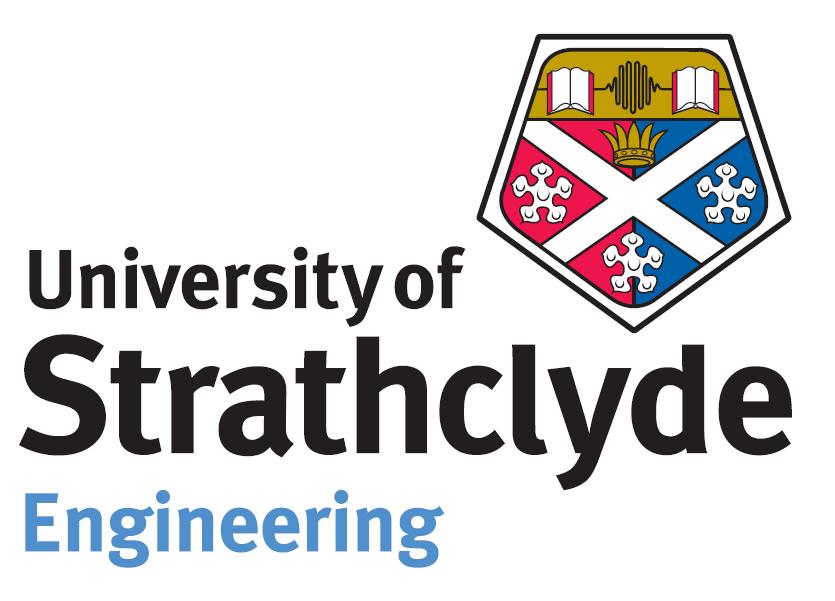Available BEM Codes
Two Blade Element Momentum codes were available for us to make use of in our project. The first of these is an open source code written in Fortran77 and was developed by the Energy Systems Research Unit (ESRU) at the University of Strathclyde. The second code was developed in the MathCad environment by Professor Nigel Barltrop of the Naval Architecture and Marine Engineering Department (NAME) of the Universities of Glasgow and Strathclyde.
In the absence of any available experimental data, and insufficient time and resources to carry out our own tests, it was considered necessary to perform some kind of inter model comparison in order to validate outputs from the codes. This showed the two codes to provide results with no more than 14-18% deviation between corresponding outputs. This discrepancy could have arisen from various factors as each code calculates its results in slightly different ways. Both employ the Prandtl tip loss correction factor but calculate it in a different manner and while the NAME code calculates power output from total rotor torque and rotational speed, and power coefficient from power output and power available, the ESRU code calculates a power coefficient for an individual element, and subsequently, power output from that element before summing over the span of the blade. Where both models calculate a variable in the same manner, such as thrust loading, the variation is much smaller, 4%, which could be attributable to the difference in tip loss factor.
That each model had been developed independently, and both provided reasonably similar answers of roughly the magnitude expected, offered some reassurance that both codes were capable of providing acceptable approximations of the performance of a real turbine.
It was decided that the group would make use of the ESRU BEM code for the following reasons:
- Open source code – on completion, freely available to all for use and/or modification.
- Fortran compilers freely available. (MathCad Price: £650)
- Already some functionality for contra-rotating analysis/design.





